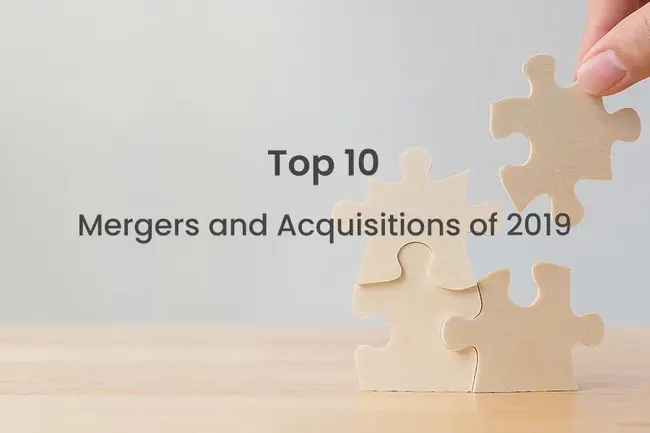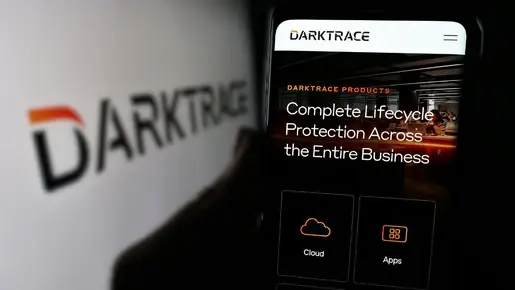
Mergers and acquisitions (M&As) are one of the most attractive and strategic ways for companies to develop in the current landscape. Through M&As, businesses can bring their specialist technology and heritage together to create something exciting for their target audience. 2019 was no stranger to M&As, with a number taking place over the year. In light of this, we’ve put together our list of the top 10 M&As of 2019.







Comments ( 0 )